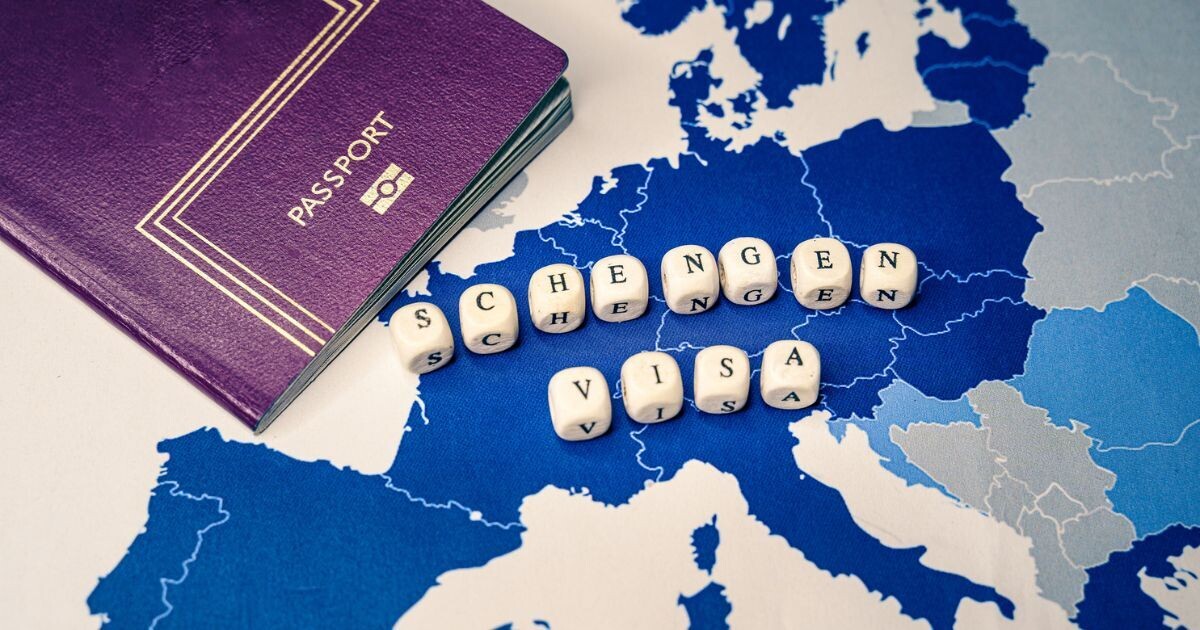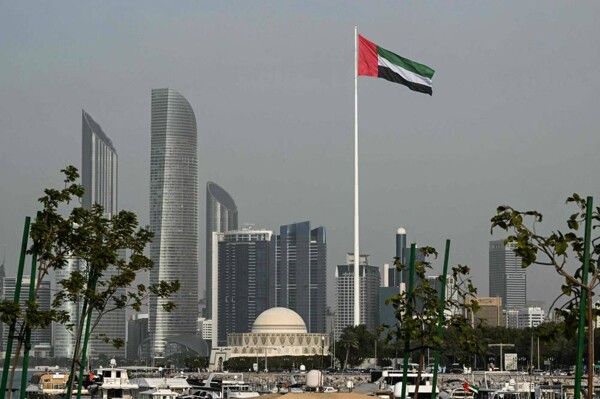
According to recommendations from the Department of Migration Workers (DMW), member countries of the European Union have again introduced border controls at the borders of the Schengen Area due to the threat of insecurity. In connection with this, the DMW advises Filipino workers abroad in Europe to be particularly cautious when crossing borders within Schengen. The DMW always reminds them to have valid passports, residence permits, visas, and other necessary documents during their travels.
In its communication on Facebook, the DMW stated: "In accordance with the Common Code of the European Parliament and the Council regarding the transfer of citizens across borders, otherwise known as the Schengen Borders Code (SBC), EU member states have temporarily implemented border controls in response to the threat of insecurity of public order or internal security."
Several countries in the Schengen Area, such as Denmark, Sweden, Norway, and Slovenia, have implemented stricter border control measures. These measures include enhanced surveillance, thorough checks at inter-border crossings, possible use of facial recognition technology, and permanent police presence. The recommendation also stated that countries sharing borders with Switzerland are introducing similar measures, and specific timelines for their actions are also provided.
Among these countries are: Austria (from October 16, 2024, to April 15, 2025), France (from November 1, 2024, to April 30, 2025), Germany (from November 12, 2024, to March 15, 2025), and Italy (from June 19, 2024, to December 18, 2025). Although the recommendations mention insecurity threats as the reason for these enhanced measures, specific details about their nature are not provided.














